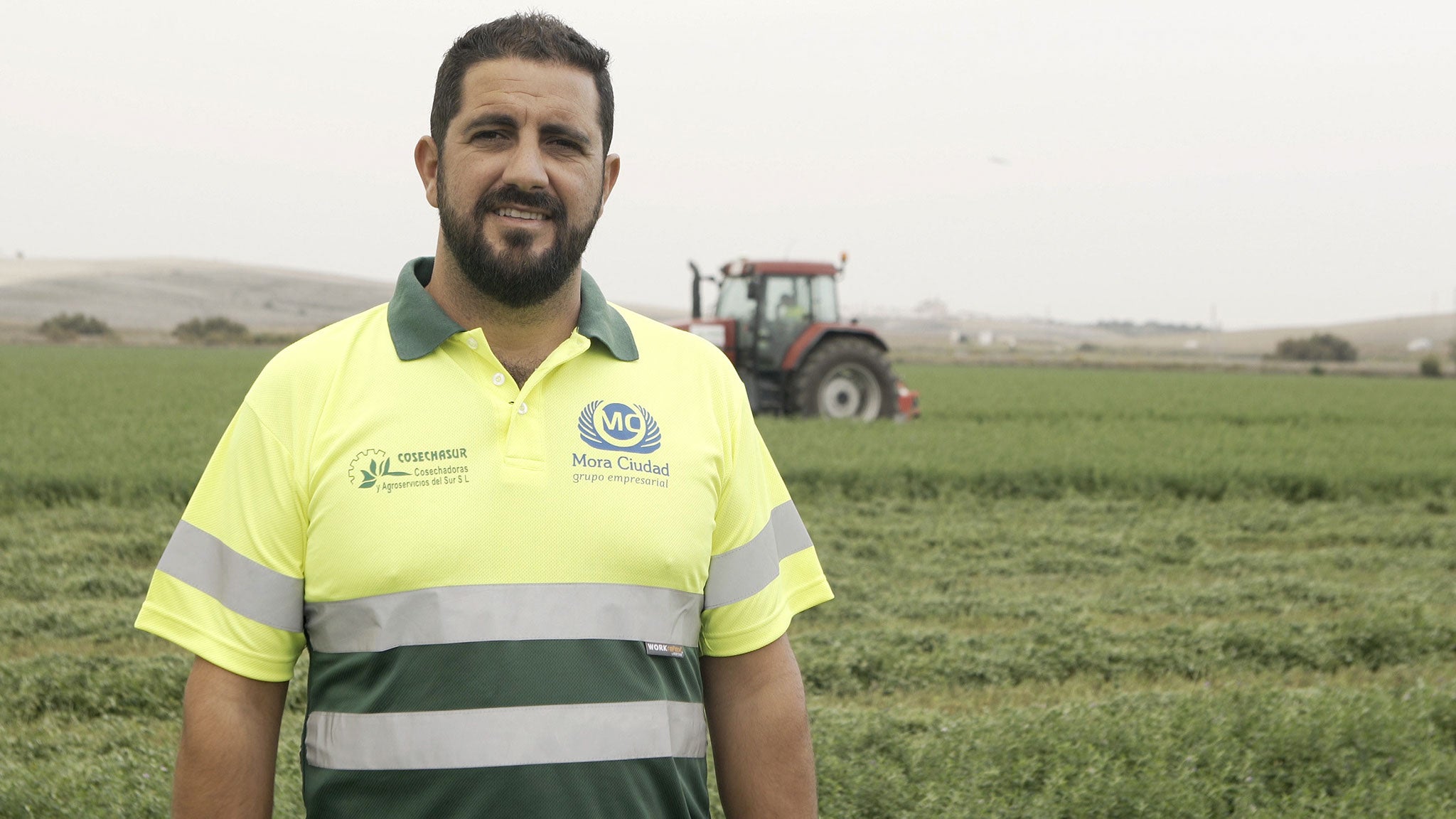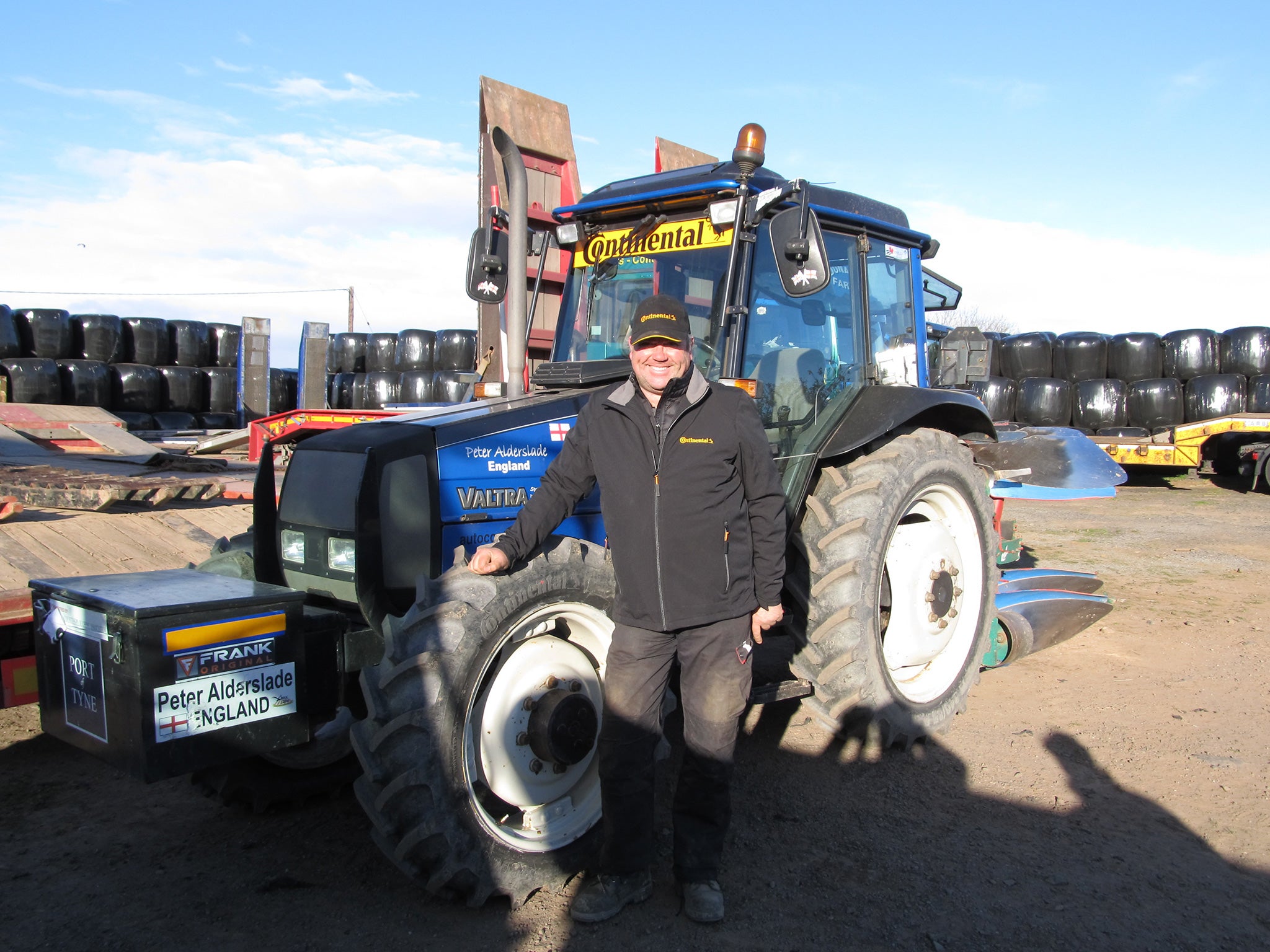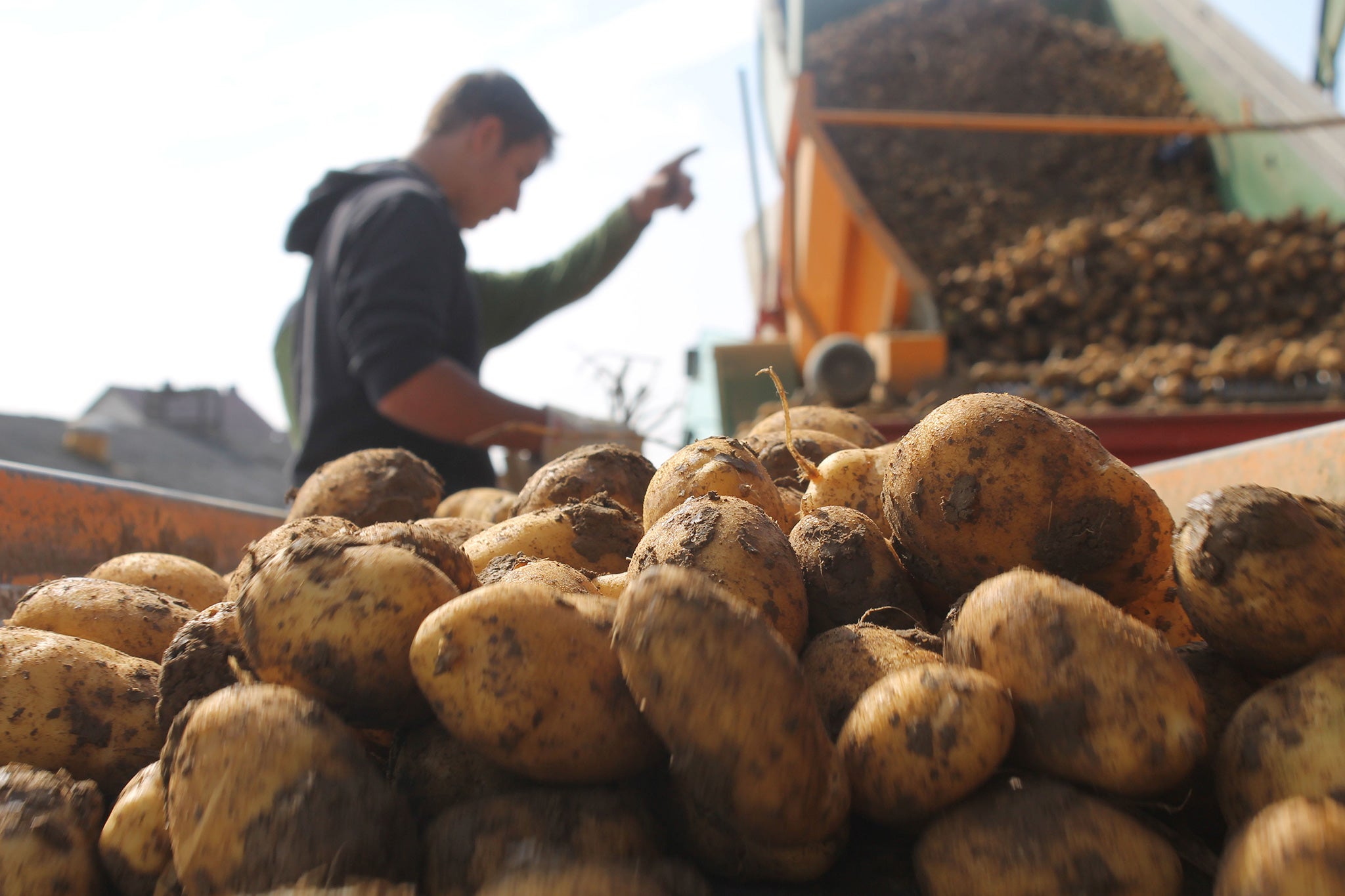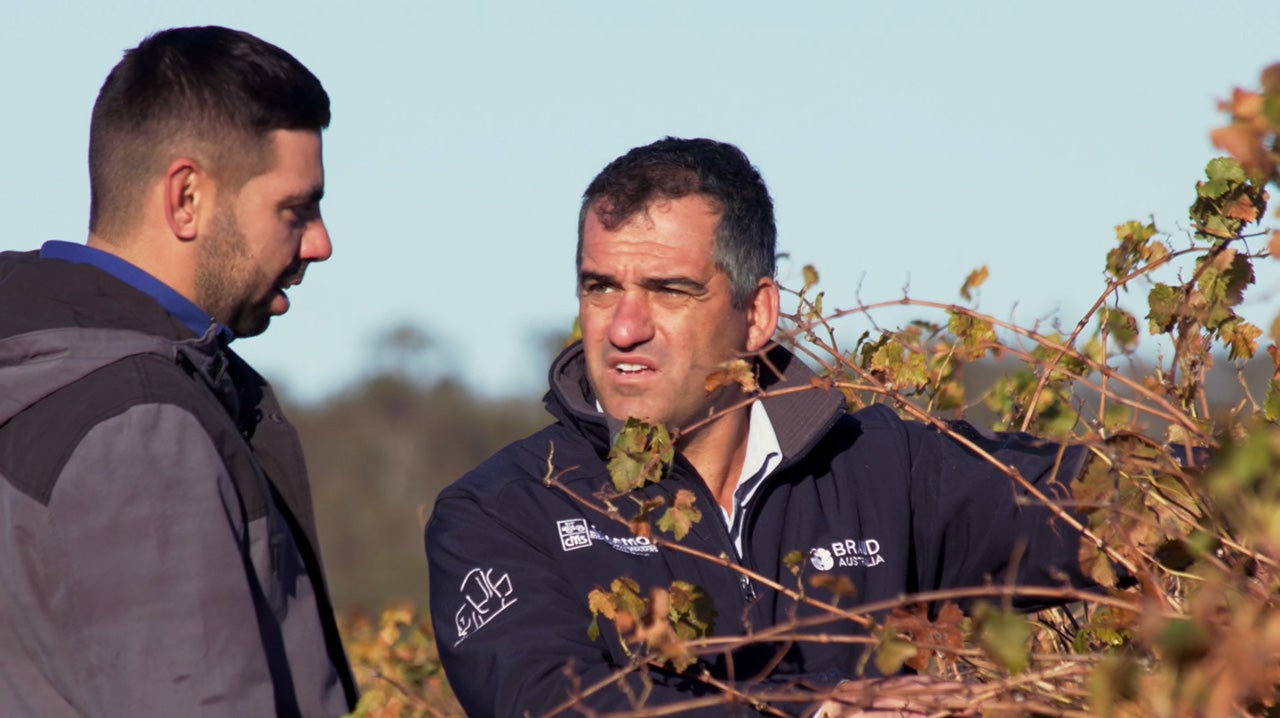
Visit Continental Tires in your country for local vehicle fitment
# Customer Stories
Ploughing with Passion
Peter Alderslate
World Ploughing Championship on Continental Tires
- World Ploughing Championship takes place in Minnesota, USA, from August 30-31
- British champion Peter Alderslade competes on Continental Tractor85 tires
Hanover/ Minnesota, July 31, 2019. The summer sun is burning in the bright blue sky above the fields of Minnesota. The smell of recently harvested hay and grain still fills the air. The continuous purring of engines breaks the silence. Stubble and grass are being turned into furrows so straight that you might think they had been drawn by a ruler.
This year’s World Ploughing Championship will take place in Lake of the Woods, Minnesota, USA, from August 30-31, on the border with Canada, where this elusive contest was held for the first time in 1953. Ploughers from all over the world have since gathered here once a year to select the best “furrow-former”.
One of them is Peter Alderslade, Northumberland arable farmer and current British ploughing champion in the reversible class. Born into a family with a long tradition of dairy farming, today he runs a livery yard business and farms 650 acres of arable land along with 150 acres of grass for his 75 horses. “My father introduced me to ploughing when I was still a kid,” says Peter, who first competed in the young farmers’ competition at the age of only 15. “Ever since I have followed his credo: bad ploughing straight is better than good ploughing bent, and I guess this is what helped me to reach the top of the international competition,” he adds. This year, Peter won the British Championships and therefore qualified for the seventh time to compete in the international competition. And although the number seven is often said to bring bad luck, Peter, whose best finish was fourth in 2014, is hopeful to finally make it to the winners’ rostrum.
At this year’s competition, Peter will once again rely on his 2004 Valtra A95 and a Kverneland two-furrow reversible plough. “It’s a strong little tractor,” he says. In addition to choosing machinery to compete at the highest level, he believes that his recent choice of tires is a fundamental part of achieving the levels of precision the judges look for. In 2018 Peter changed to Continental Tractor85 tires and has used them in his last four competitions, including his win at the British championships.

“The tires have a narrow profile, so they fit the furrows well. With one tractor wheel always in the furrow I have just made, it’s important that I don’t damage it as I plough the next.” The judges mark competitors down for any inconsistencies in the formation of the furrows, especially when there is compaction caused by the tires. Peter explains: “In the wet, the soil compacts more easily and if a furrow is broken you leave shiny and dull sides that are obvious to the judges. All of the furrows need to be even and look identical otherwise you lose points.” Peter’s tires are more effective in the wet because they have greater flotation. The tires have greater flexibility which help to spread the weight of his tractor more evenly. “I have watched other competitors sinking into the soil, whilst I have been ploughing successfully. It’s the tires that make the difference.” As part of this, careful consideration is given to tire pressure. In a wet field Peter reduces the pressure to 18 psi which is 25 percent lower than the suggested road pressure. “Reducing the pressure spreads the weight, helps with traction and reduces wheel slip. My tires also have well-spaced lugs that self-clean, so the soil falls out more easily. I thrive in the wet now.”
The World Ploughing Championship takes place over 10 days – with an additional 10 days of practice beforehand. Peter will compete in ploughing a triangular space with sides measuring 100 meters, 16 meters and 12 meters. He will be marked on 10 variables, which include timekeeping, the straightness of his lines and the consistency of his technique. The best plougher will be conferred the title World Ploughing Champion – and even though there is no prize money up for grabs, Peter enjoys the competition and the network of friends he has made. “Usually, I have to leave in the middle of the harvest to participate in the competition – but at least I can make up for it with the friends I have made worldwide. Right now my niece, for example, is on a six-month placement on a friend’s farm in Australia,” he smiles. “And that is a much greater reward than any money you could possibly get.”






